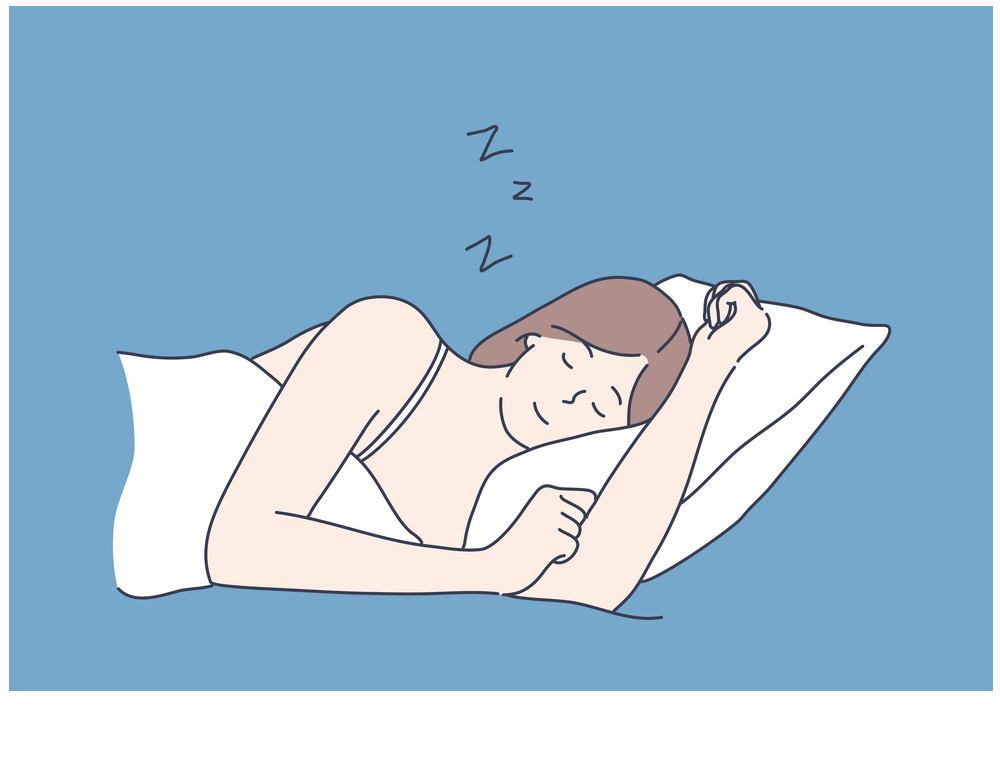
How important is a good night's sleep?
Share
Losing sleep can cost you more than $8,000!
You've probably heard quips like "I'll sleep when I'm dead" or heard stories of people who can thrive on just a few hours of sleep. But just how common is that? A vast majority of us need 7.5 to 8 hours of sleep on a nightly basis to perform our best but, according to Johns Hopkins, RLS patients average less than 5.5 hours of sleep per night. So unless you are one of those rare people who only needs a few hours of sleep to wake refreshed and ready to play with the kids (or grandkids), perform your best at work, or even just enjoy the weekend, Restless Leg Syndrome is just about the worst condition you could be afflicted with!
The National Institutes of Health (NIH) state that unmanaged moderate to severe Restless Leg Syndrome can lead to a 20% reduction in work productivity and lead to anxiety and depression. While the condition itself may not directly cause these effects, the loss of productivity and emotional impacts are likely due to the associated sleep issues that RLS patients experience. With more than 30 million Americans impacted by Restless Leg Syndrome, the impact from RLS on the country as a whole is huge.
Every year, the US loses 1.23 million working days to lack of sufficient sleep. Roughly one third of the US population exhibits some form of sleep deprivation due to a number of factors: restless legs, periodic limb movement disorder, too much screen time, too much caffeine, and alcohol consumption just to name a few. Moreover, the economic impact totals to over $400 billion!
What does this mean for ME?
For the restless out there, some people are worse off than others. On average, though, a lack of sleep costs $7,916 over the course of a year through lost productivity. That's $21.69 PER DAY. And that's just an average. For many people, the impact is far greater. The scary part is, that doesn't even include the costs associated with stress, anxiety, sleep medication, or other impacts or coping mechanisms people have to deploy in order to adjust.
The good news is that small adjustments can make a big impact. In a 2016 study, the RAND Corporation found that improving the length of sleep from less than 6 hours to just 6-7 hours of sleep per night cut the economic impacts of sleep loss in half. In the same study, RAND also found that with the same modest improvement in sleep improved mortality rates from 13 percent above average to only 7 percent.
What should I do?
Many factors impact our quality and length of sleep. On top of those mentioned above, physical activity, mental health, and financial stress can also lead to challenges falling asleep and staying asleep.
Try making small, incremental changes and building a sleep routine. Start with setting a "no-screen time" then incorporate a predictable and relaxing pattern every night before bed to tell your brain it's time to shut off. This includes going to bed at the same time every night so that your body can fall into a more natural rhythm. For RLS patients in particular, identifying (and avoiding) triggers can prove immensely helpful. On top of avoiding triggers, it's important to find ways to manage this chronic, neurological condition. We offer proven products that deliver natural, reliable relief. For more information on RLS and treatment options, click here.
A great night's sleep not only helps you feel better but also has a direct impact on your professional and personal interactions. We spend a third of our lives asleep (or at least we should!) so practice getting it right and invest in a great night's rest!
